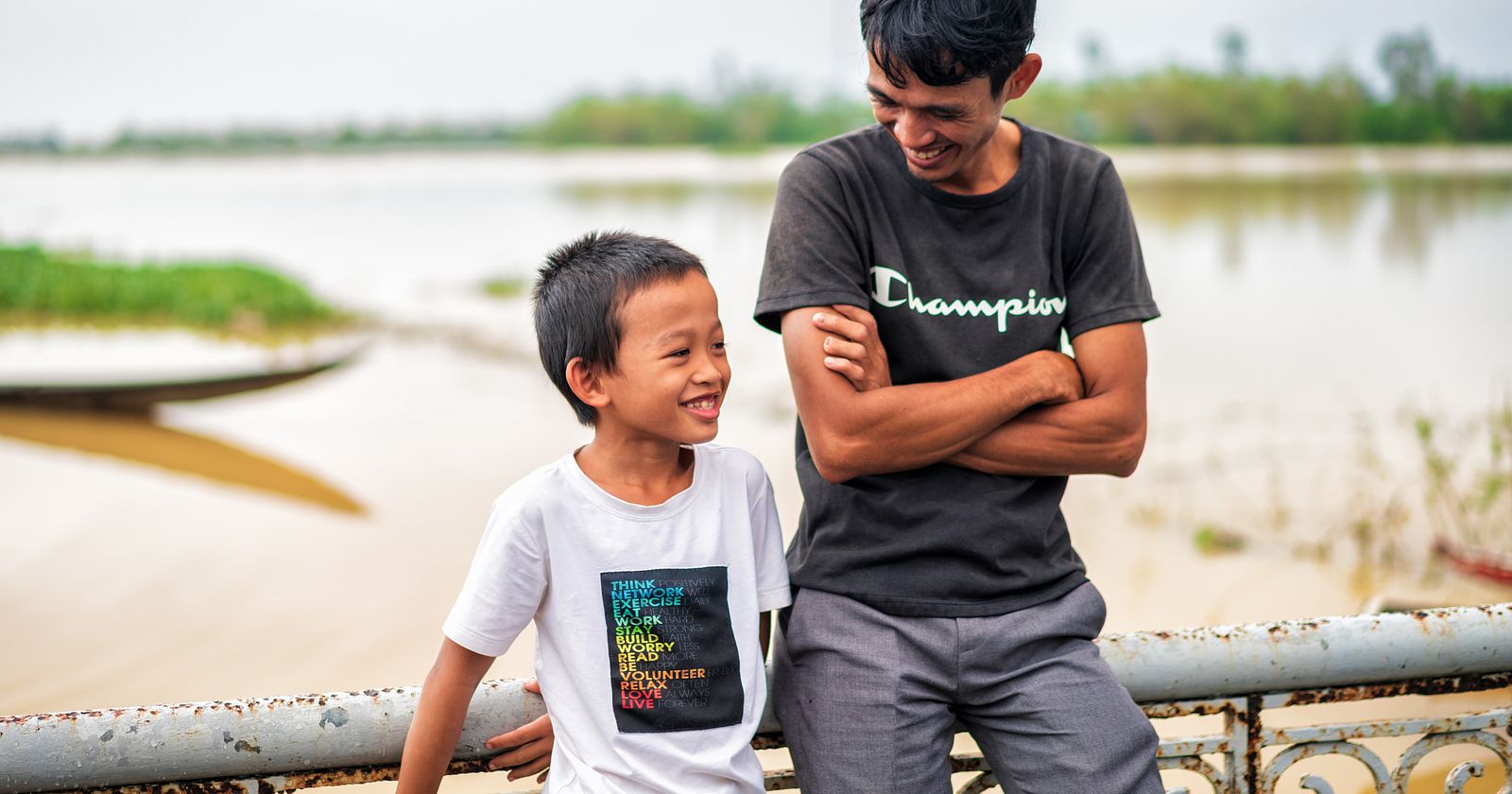Hanoi has more than half of Vietnam's registered captive bears, which makes the capital the biggest, and the last, hot spot of bear bile farming in the country.
The statistic was released in a media briefing held on Monday by the Vietnam Bear Coalition, which comprises Education for Nature - Vietnam (ENV), FOUR PAWS, and World Animal Protection.
According to the briefing, since 2005, the Vietnamese government has initiated a program to phase out bear bile farming in the country. As part of the program, more than 4,300 captive bears were registered and microchipped. The program has been mostly successful. As of now, 40 provinces of Vietnam have become bear farm-free, and there remain 294 bears registered for bile farming.
Of those remaining bears, Hanoi has 149, accounting for 51% of all the captive bears in Vietnam. And of all the bears that Hanoi has, 139 animals (more than 90%) are in Phúc Thọ District. The Vietnam Bear Coalition is calling on the Hanoi People's Committee and Phúc Thọ People’s Committee to take decisive actions against bear bile farming, though the situation remains complicated.
During the briefing, World Animal Protection Director Gilbert Sape told a story about when he visited a bear-keeping family in Phúc Thọ in 2016. There, 20 bears were kept in narrow cages, and many had lost their fur and their teeth. The family told him they had been keeping these bears for about 15 years, purely for the purpose of preservation and not business; though it's impossible to verify such claims.
According to VnExpress, back in May, the Environmental Subdivision of the Hanoi Police Department arrested a Phúc Thọ bear-keeper who had 350 jars of bear bile in their house. The keeper faces up to five years in prison. Major Nguyễn Xuân Tùng, the department deputy who coordinated the bust, told the news source that the case was the result of a month-long effort. Tùng said the current regulations makes it hard to monitor and inspect bile farming practices.
Phạm Văn Mậu, Head of the Department of Conservation of Forest Biological Resources (Hanoi Forest Protection Department), told VnExpress that since the 1990s, Phúc Thọ has been a craft village specializing in wild animal trading. He said at the time there were only a few bear sanctuaries, which made the relocations of these animals difficult.
Such is not the case anymore. Now Vietnam has multiple bear sanctuaries, including FOUR PAWS’ Bear Sanctuary Ninh Bình. Ioana Dungler, director of the Wild Animal Department at FOUR PAWS International, said at the briefing: "In their new home in BEAR SANCTUARY Ninh Bình, the rescued bears can now follow their natural instincts."
“After a life in horrible captive conditions, they rediscover a species-appropriate life, and that’s what we can provide the captive bile bears of Hanoi. We look forward to the day when Hanoi can be declared the next bear farm-free province in Vietnam.”
[Photo via World Animal Protection]















